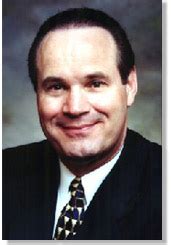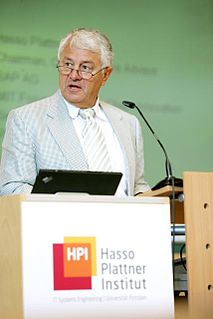A Quote by Ivan Illich
The depersonalizati on of diagnosis and therapy has changed malpractice from an ethical into a technical problem.
Related Quotes
My ethical naturalism sees us as facing the predicament of being social animals without evolved adaptations that make social life easy. The fundamental problem that sparks the ethical project lies in our limited responsiveness to one another. The only way we have to address that problem is through a representative, informed, and engaged conversation.
The diagnosis that poverty, lack of education, or lack of opportunities have much to do with terrorism requires a fundamentally optimistic view of human nature. This diagnosis leads to the prognosis that all we need to do to solve the terrorism problem is to create societies that are less poor, better educated and have more opportunities.
Clipper took a relatively simple problem, encryption between two phones, and turned it into a much more complex problem, encryption between two phones but that can be decrypted by the government under certain conditions and, by making the problem that complicated, that made it very easy for subtle flaws to slip by unnoticed. I think it demonstrated that this problem is not just a tough public policy problem, but it's also a tough technical problem.
America with 4% of the world's population has 50% of the worlds lawyers .... tort lawyers love to point out that 1% of America's health care cost is used to pay malpractice insurance ... but most doctors practice defensive medicine to avoid malpractice litigation ... these costs are not included in the 1% number above.





































